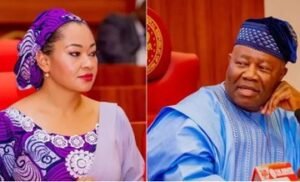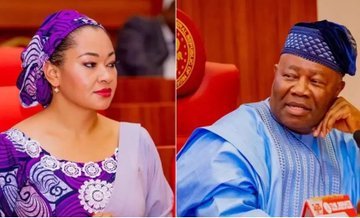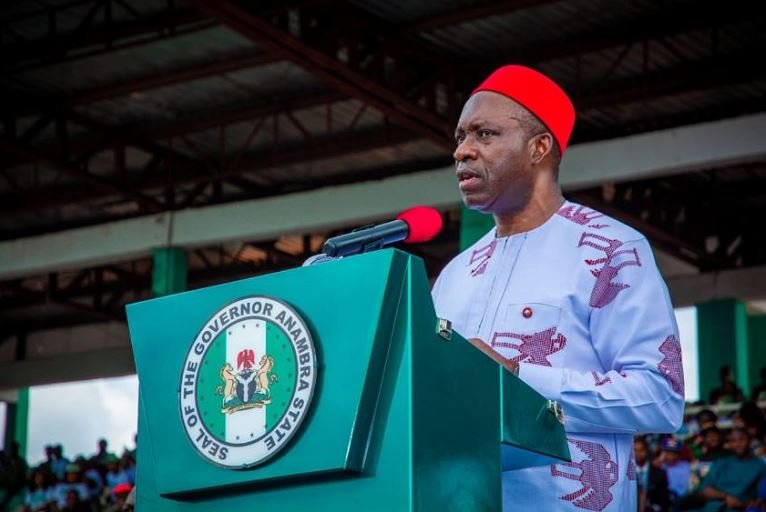The Minister of Finance, Wale Edun, and House of Representatives Speaker, Abbas Tajudeen, locked horns on Monday over the true state of the Nigeria’s spiralling debt.
Speaking at the 11th Annual Conference of the West Africa Association of Public Accounts Committees (WAAPAC) in Abuja, Abbas warned that Nigeria’s debt had ballooned to ₦149.39 trillion (about $97bn) in Q1 2025, up from ₦121.7 trillion last year. He added that the debt-to-GDP ratio has surged to 52%, breaching the statutory 40% ceiling and putting future generations at risk.
“This level of borrowing signals fiscal strain and undermines sustainability,” Abbas said through House Leader Prof Julius Ihonvbhere. He urged West African parliaments to step up oversight, stressing that borrowing should target infrastructure, health, education, and job creation, not fuel consumption or corruption.
Abbas also revealed that 35% of Africa’s debt is owed to Western private lenders, 39% to multilateral bodies like the IMF and World Bank, 13% to bilateral creditors, and 12% to China. He pressed for people-driven oversight, calling for public hearings on major loan proposals and simplified debt reports accessible to citizens.

But Edun struck a more optimistic tone, insisting that Nigeria is “turning the corner” under President Bola Tinubu’s reforms. He maintained that the country’s debt-to-GDP ratio is a manageable 38.8%, while the debt service-to-revenue ratio dropped to 60% in 2024.
“Revenues rose by 34.7% in the first half of 2025, and reforms are restoring investor confidence,” Edun argued. He credited gains to tough policy moves such as subsidy removal, exchange rate liberalisation, and tax reform.
The minister emphasised project-linked borrowing, transparency, and fiscal discipline as core strategies. “Government must act as a catalyst, not crowd out private investment. With discipline, we can unlock growth that lifts millions from poverty,” he said.
Senate President Godswill Akpabio, represented by Senator Osita Izunaso, also weighed in, warning that unchecked debt could undermine democracy across Africa. He called for stronger constitutional backing for finance committees to enforce accountability.
Rep. Bamidele Salam, Chair of the House Public Accounts Committee, announced that over ₦200bn in lost revenues had been recovered in the past year as part of ongoing fiscal reforms.
As Nigeria hosts WAAPAC for the first time since its creation in 2009, the conference spotlighted the continent’s deepening debt crisis—and the urgent need for stronger oversight and transparent fiscal management.










